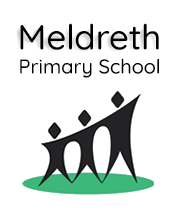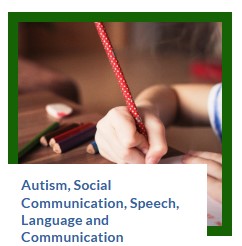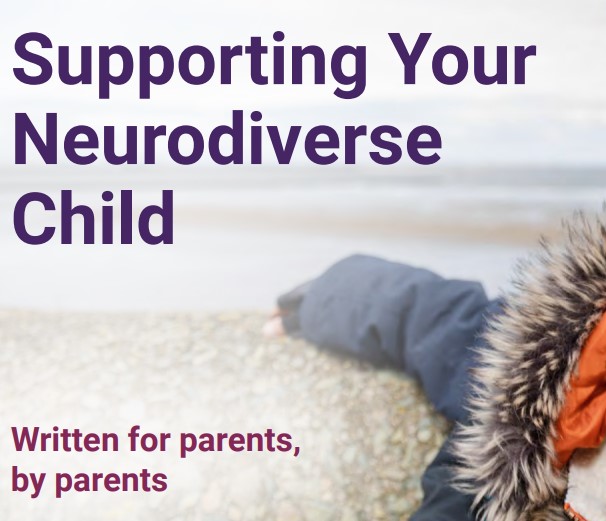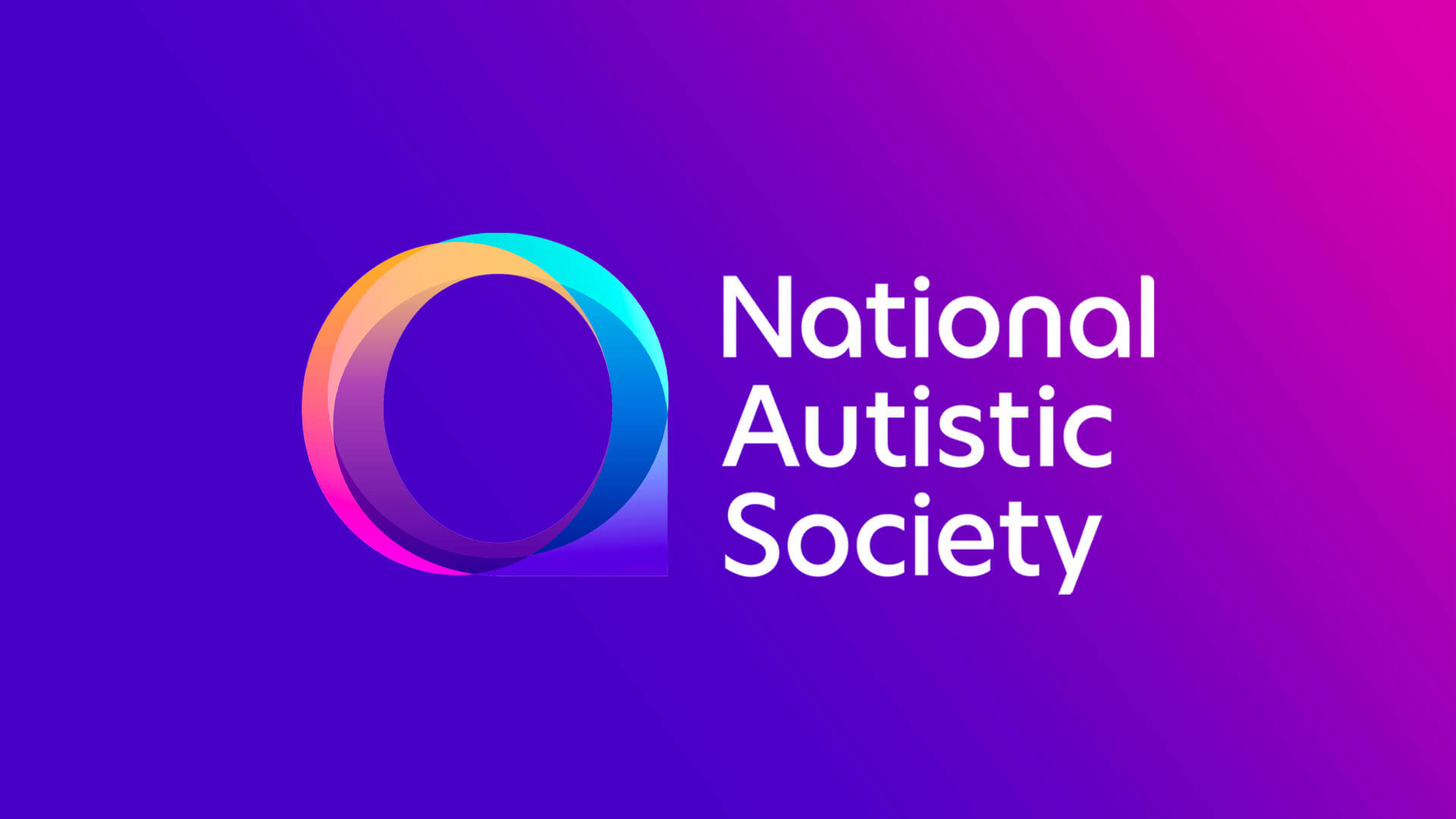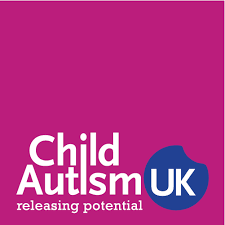What is Autism?
Being autistic means your brain works in a different way from other people. It's something you're born with. Signs of autism might be noticed when you're very young, or not until you're older. Signs of autism can be characterised in three ways: sensory processing; communication, interaction and relationships; thought patterns and interests.
Children with ASD may experience over- or under-sensitivity to sounds, touch, tastes, smells, light, colours, temperatures, or pain. Background sounds can seem unbearably loud or distracting. More information can be found on the Occupational Therapy website here.
Your child does not need a formal diagnosis to receive adapted support in primary school. If you or your child's class teacher identifies a need, reasonable adjustments can be made to support your child.
Once a child's needs are identified, we use our observations, data, pupil voice conversations and parents' views to identify priority targets. We usually only choose to address 3 targets at a time, as this is the most manageable amount. We then create a plan of what we will do to support the child in achieving those targets. After a minimum of 6 weeks, we review the progress made and set new targets.
No two children are the same, but it is worth giving some examples of common strategies and provisions we may offer at Meldreth for children, to name a few:
Support for your child with Autism
|
|
|
|
|
|
|
|
|
|
